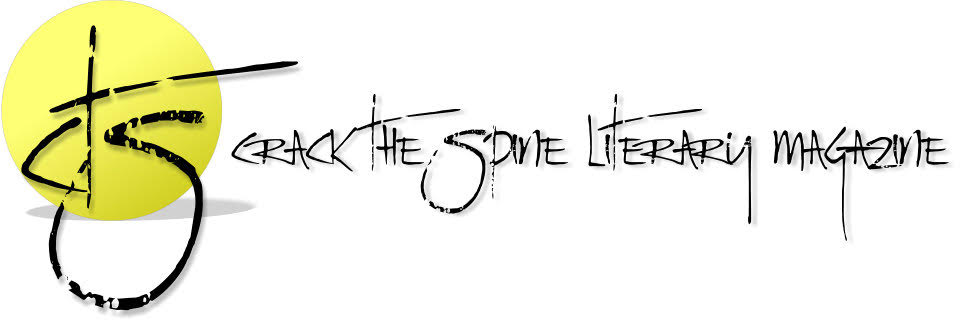The Writer How long have you been writing?
When I was in elementary school, I wrote short stories. These stories tended to be fairly popular among my classmates and teachers. So I got that immediate positive feedback from the world.
Do you have a specific writing style?
Yes. My style is basically wit. When I assess everything that I have written, and try to find the consistent through-line, there is always a kind of deliberate cleverness at play. Even when I’m writing from a position of earnestness, even when I’m writing and tears are flowing from my eyes, a sentence of jest somehow emerges. There seems to be this subconscious insistence upon finding some small point of amusement. It’s both a psychological survival technique for me, and an attempt to elucidate my point of view for people who may otherwise be hostile towards it. It’s me trying to establish some common ground by acknowledging that there’s absurdity in everything.
What do you consider to be your greatest accomplishment as a writer?
I’m always curious about the types of readers that I’m reaching. Art is a conversation. If my readers are thoughtful, kind, hard-working people, then I feel as if I’m making progress, because the social discussion will constructively extend outwards from there. I feel accomplished when caring people care about what I have to say. That qualifier is necessary. On the internet, a lot of readership response should be completely disregarded.
The Work
Tell us a bit about your work in Crack the Spine.
My poem “We Are the Ignited” appeared in Issue 122 of Crack the Spine. The poem describes the spirit of youth, as well as a young woman dancing.
Is there a main theme or message in this piece?
Thematically, “We Are the Ignited” is about the intense, short-lasting, and intuitive nature of youth.
What inspired this work?
Quite honestly, one of my ex-girlfriends filmed herself stripping to an Avril Lavigne song. And she sent me the video as a birthday present last May. I told her I’d artistically reciprocate by writing a poem about it. So I did.
What other projects are your currently working on?
My first poetry book “Age of the Appliance” is scheduled for publication at the end of 2014. All of the relevant information will be available on my website.
The Methods
How often do you write?
Every single day.
How many drafts do you generally go through before you consider a piece to be complete?
It’s never complete. Even when a piece of writing gets published, I secretly hope for it to be viewed as one part of my larger body of work. And by that definition and widened context, nothing will truly be complete until I tragically die.
Who would play you in the film of your life?
Goldblum.
How do you react to editorial rejections of your work?
I don’t react. This response is only 85% true. Let me rephrase: I aspire to not have a reaction.
What is your best piece of advice on how to stay sane as a writer?
Writers stay sane by writing. In fact, if you are able to stay sane while not writing, and you have to muster up motivation to write, then stop. Run for the hills and be happy there. I write because I have no choice; it’s a compulsion. My ideas don’t stop, and they can’t truly be suppressed, because on some subconscious level, the thoughts will accumulate and cause clutter. That’s what I believe. I don’t think that the tortured artist is merely a stock character. When artists create art, we are literally stepping out of the realm of ordinary coherence. The only way to adequately express ourselves is to wildly recombine existing things and create a new coherence, in a subjectively altered and expressive form. Why bend reality in that fashion unless you are bothered by reality, unless you think you can beautify it, unless your view is already warped? You can call it inspiration or compulsion, but one way or the other, you’re originating from a skewed perspective, and you’re communicating through art because you feel unheard. It’s all a quest for understanding. Art is more of a question than a statement. So yeah, basically what I’m saying is: “Writers have a lot of issues and stuff.”
The Madness
What is your favorite book?
My favorite book is “Nine Stories,” by J.D. Salinger. I also thoroughly appreciate the various collections of Mark Twain’s essays.
What is the greatest occupational hazard for a writer?
Him or herself.
What is the most beautiful thing you’ve ever seen?
When I was a teenager, I went through a vagabond phase. I got off a bus in San Francisco, and a homeless man asked me for spare change. I said I didn’t have any, and he knew I was telling the truth. He offered me a place to sleep under the nearby overpass, which he said was safe. This wasn’t a scam. I saw his soul and he meant it. When kindness somehow finds a way to sprout up out of bleak reality, it brings tears to my eyes. Every time. No other beauty surpasses that.
Additional Reading on David
